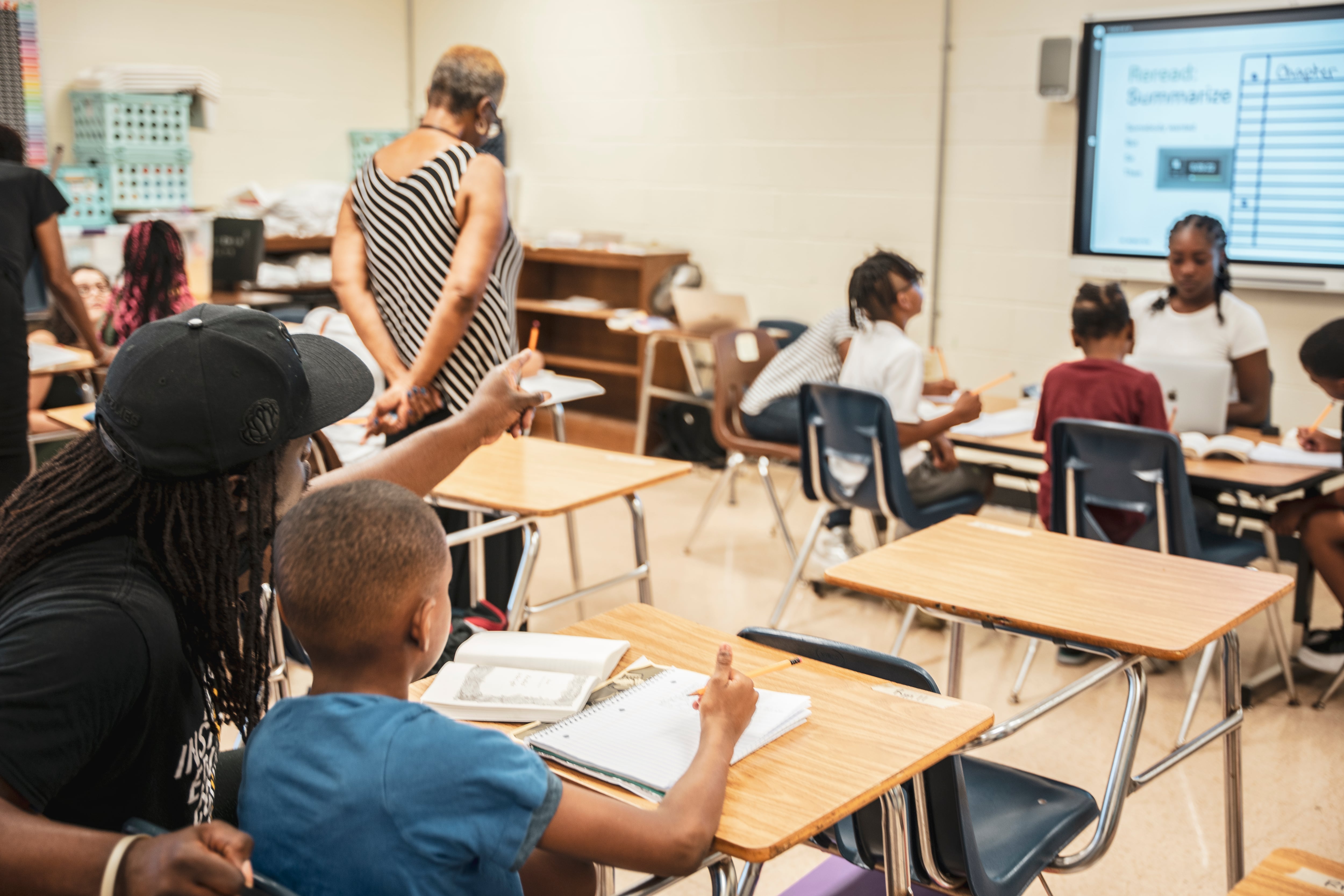Enrollment in Memphis-Shelby County Schools is ahead of what it was at this time last year, but lags projections for the school year amid significant changes in the composition of the district.
As of this week, 109,636 students were enrolled in Tennessee’s largest district, 1,446 more than a year ago, according to a presentation to the school board Tuesday from Superintendent Marie Feagins.
But that’s below the district’s projected enrollment of 111,983, which includes students in the district’s 54 charter schools.
More than 2,300 students who were expected to attend district schools haven’t shown up.
The enrollment update comes amid big changes in local education, including the shift of nearly a thousand students in three campus schools that were operated by the University of Memphis under a contract with the Memphis district. Under a new state law authorizing the creation of innovative school districts, those schools are now in their own university-run school system.
Meanwhile, the district expected to absorb students from five school buildings that moved this summer from charter operators back to the Memphis district’s control after 10 years with the state-run school turnaround program known as the Achievement School District.
Three of those ASD campuses — Humes Middle, MLK College Prep High, and Memphis Scholars — are now shuttered. MSCS officials have encouraged their students to attend other local schools.
School board member Kevin Woods said MSCS likely would have had fewer students enrolled this year without the ASD transitions.
“I think you’re sharing the narrative that the district has more students, the district is still trending in the right direction,” he told Feagins during his final meeting before departing the board after 13 years in office.
“But we do have students that simply are still not showing up,” he added.
Feagins has made enrollment and attendance two of the top priorities of her new administration after taking over as the district’s leader this spring.
Last week, through her initiative dubbed “Hey Neighbor!” she went door-to-door to track down students who have not shown up since the academic year began on Aug. 5.
“Come on and open the door for me. It’s your superintendent. I want to make sure you’re OK,” she said during one of her visits, shown on a video posted on social media.
Under the initiative, she said, her team has knocked on more than 600 doors in areas of Memphis with the most no-shows. The goal is to help families reconnect with their schools so their children are back in class.
Woods praised Feagins for knocking on doors, but reminded the community that “it’s everybody’s job” to get kids in school.
“Continue to lean in on friends, folks in churches. Somebody know where these kids are, right?” he said.
Feagins’ presentation also showed an increase of more than 1,100 pre-K students over this time last year.
Charter school enrollment as of Tuesday was 19,624, nearly 900 students more than this time last year.
She reported that average daily attendance is 95% so far this year. But the district has historically struggled with chronic absenteeism, defined as a student who misses 10% or more instructional days in one school year, or about 18 days.
In the 2022-23 academic year, according to the most recent data released by the state, the Memphis district’s chronic absenteeism rate was 28%, equating to nearly 29,000 students.
That means significantly less learning time.
Research suggests that chronic absenteeism puts students at greater risk of negative outcomes that include dropping out or developing poorer reading skills.
Marta Aldrich is a senior correspondent and covers the statehouse for Chalkbeat Tennessee. Contact her at maldrich@chalkbeat.org.






